NEBRASKA- TC Energy Corp., formerly TransCanada, announced Wednesday that it had terminated the pipeline project. It would have moved crude oil from Alberta to Steele City, Nebraska, before connecting with an existing pipeline system that reaches the Gulf Coast. The company announced it was canceling its project after President Joe Biden revoked a necessary permit in January. Still, environmental advocates and others say the work is far from over. Jane Kleeb, founder of leading opposition group Bold Nebraska, is calling for further action in at least three areas: the State Public Service Commission, courts and the State Legislature.
The commission, which is made up of five elected commissioners and regulates telecommunications carriers, railroad safety, major oil pipelines and more, approved the pipeline’s route in 2017. The Nebraska Supreme Court ultimately affirmed that approval. That allowed TC Energy to exercise the power of eminent domain, and now advocates want the commission to revoke the approval.
There are still more than 60 cases in court, with landowners across nine counties fighting TC Energy over eminent domain, according to Brian Jorde, a lawyer representing landowners. “It’s a real problem that TransCanada owns all this land across our state and could sell it to anyone they want tomorrow,” Kleeb said.
Sens. Adam Morfeld and Eliot Bostar, both of Lincoln, signed a letter last month in part asking the Public Service Commission to explain why it hadn’t reopened the matter to alter or rescind its approval after Biden’s action. Morfeld said Friday that he’d be supportive of legislation that makes it so a private company can’t exercise eminent domain when a pipeline route has been rejected or not approved, but he’d have to read the actual legislation to know whether he’d want to take the lead on it. “To me, that’s common sense,” Morfeld said. “Common sense protection of land rights.”
For the full article click HERE
